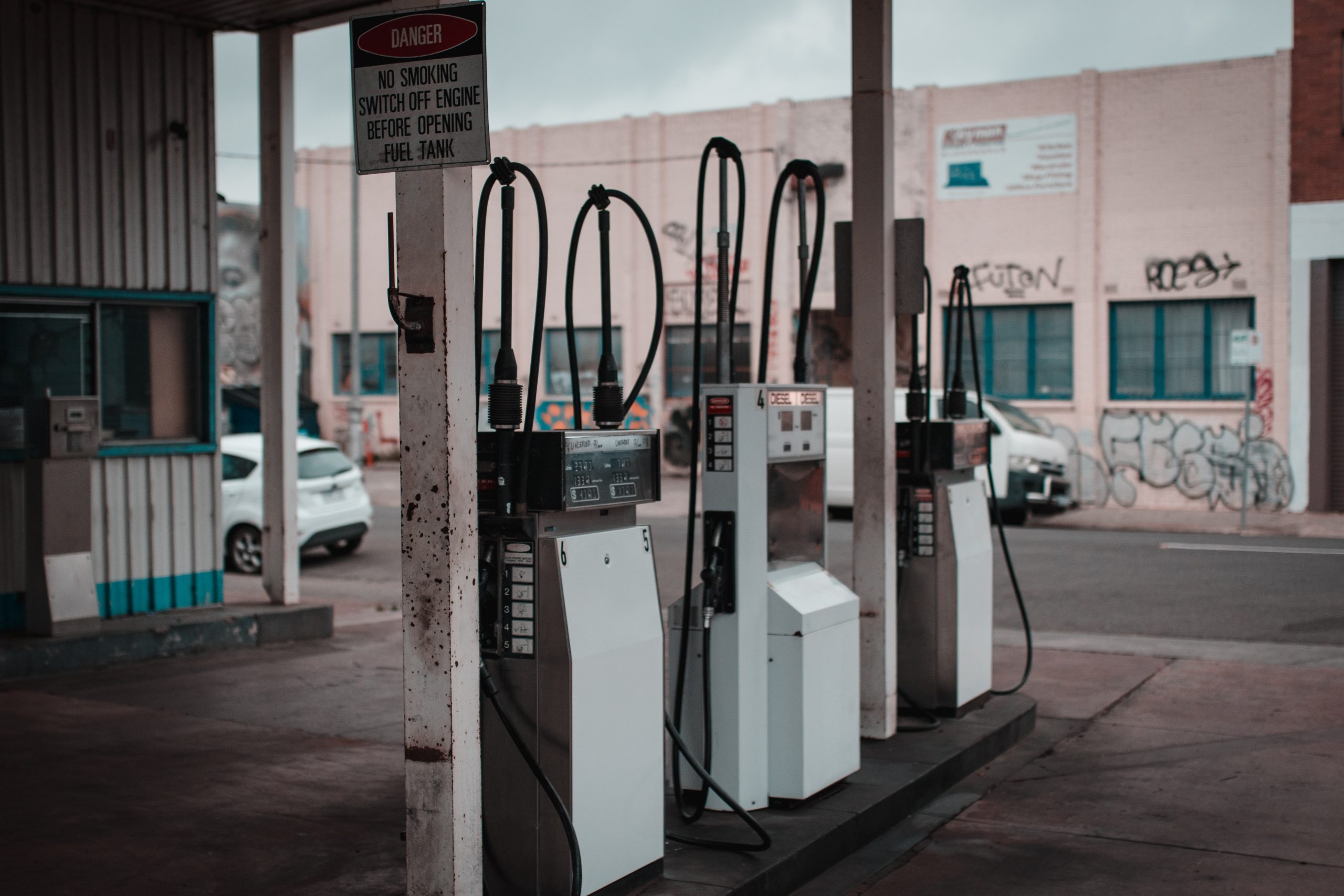Russia (Transatlantic Today)-Could a European gas crisis be on the horizon? Europe is currently in a state of uncertainty as Gazprom, the Kremlin-controlled energy company, states that they will begin repairs and temporarily shut down the gas pipeline to Germany at the end of the month.
This will cause many European countries to adapt and compensate for the sudden loss of fossil fuels ahead of a grueling fall and winter season, leading to a possible secondary European gas crisis.
The Nord Stream pipeline is expected to be closed from August 31st until September 2nd so that a turbine can be replaced. The Nord Stream pipeline currently runs from Russia to Germany under the Baltic Sea and is a large-scale transport method for European fossil fuels.
The official reasons for a slowdown in gas transportation have been pushed back and forth between the German Government and Gazprom. Gazprom cites that sanctions have slowed repairs considerably, while the German Government says that Gazprom is playing politics for the Russian government.
Europe has been trying to use less and less of the Russian-produced gas, oil, and coal, but it still might not be enough. As Europe begins to enter winter, it is currently preparing for energy shortages which puts Germany as the most vulnerable due to more than half of Germany’s gas imports used to come from Russia.
Alternative sources of natural gas are being explored, such as restarting old shut-down coal plants or finding greener energy solutions. There are plans to extend the life of the three strongest regional nuclear plants, reducing the overall reliance on the Nord system.
Gazprom announced that after repairs were completed to the underwater pipeline, gas transportation could be restarted at 20 percent of its full capacity – roughly 33 million cubic meters per day.
Service is expected to resume shortly if no further malfunctions or problems are detected. However, the lowered amount of natural gas is expected to raise energy prices and cause Europe to fall farther into the recession it is already in.
At this time, the German government has not released an official statement regarding the current status of the Nord-induced energy crisis.


























